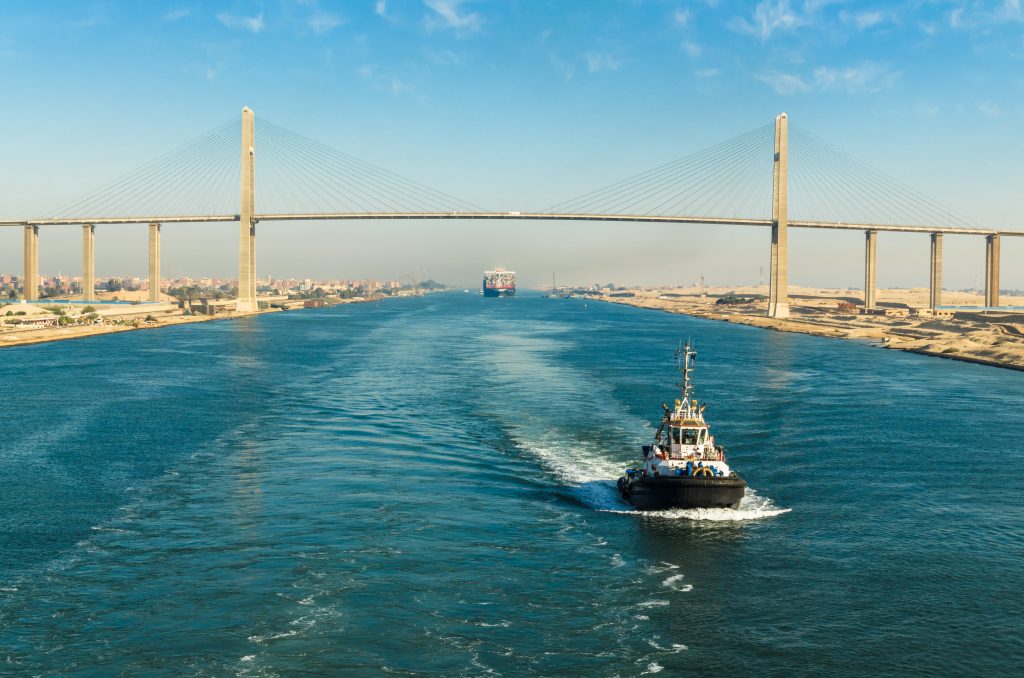
Navigating the Red Sea Shipping Crisis: Challenges and Implications for Global Trade
Posted on January 09 2024

The Red Sea shipping crisis, triggered by a surge in Houthi rebel attacks, is having a profound impact on major shipping companies.
The decision to suspend transits through the Red Sea has forced container ships to take longer routes around the Cape of Good Hope, leading to increased shipping costs and potential disruptions in the supply chain.
Security Concerns and Route Changes
Since late November, Houthi rebels in Yemen, with support from Iran, have intensified attacks on commercial vessels in the Bab-el-Mandeb strait. In response, shipping giants such as Maersk and Hapag-Lloyd are redirecting vessels to avoid the Red Sea’s heightened security risks. The rerouting, however, comes at a cost with vessels required to cover an additional 3,000 – 3,500 nautical miles, adding roughly 10 days to the journey.
Cost Implications
Base freight rates increased significantly from 1st January 2024 and will continue to increase as delays continue.
The longer transits are forcing some shipping companies to apply ‘Emergency Contingency Surcharges’ in addition to previously agreed rates and tariffs.
Global Trade Impact
The significance of the Red Sea in global trade cannot be overstated. The Suez Canal, accessed through the Red Sea, handles approximately 12% of the world’s trade. The disruption caused by the rerouting of ships has the potential to create delays in shipping times, affecting turnaround times at major European ports like Rotterdam, Antwerp and Hamburg.
Economic Implications and Inflation Concerns
Rerouting ships around the Cape of Good Hope results in increased fuel costs, estimated at up to $1 million for every round trip between Asia and Europe. Insurance costs are also rising, adding to the overall expense of shipments. The knock-on effect of these increased costs, coupled with potential delays, raises concerns about inflation.
The redirection of tankers carrying diesel and jet fuel, as well as container shipments of consumer goods, commodities, clothing, and food, is expected to have a negative impact on global economies.
Summary
Navigating the Red Sea shipping crisis demands adaptability and strategic planning from freight forwarders and shipping companies. Proactive measures, including route optimisation and contingency planning, are essential to ensure the continued flow of goods.
As a freight forwarding company, we are working closely with our customers and suppliers to find the best alternative sea freight options. We advise our customers to book their sea freight as early as possible and plan for longer transit times.
Get in touch with our friendly team to discuss you sea freight requirements.